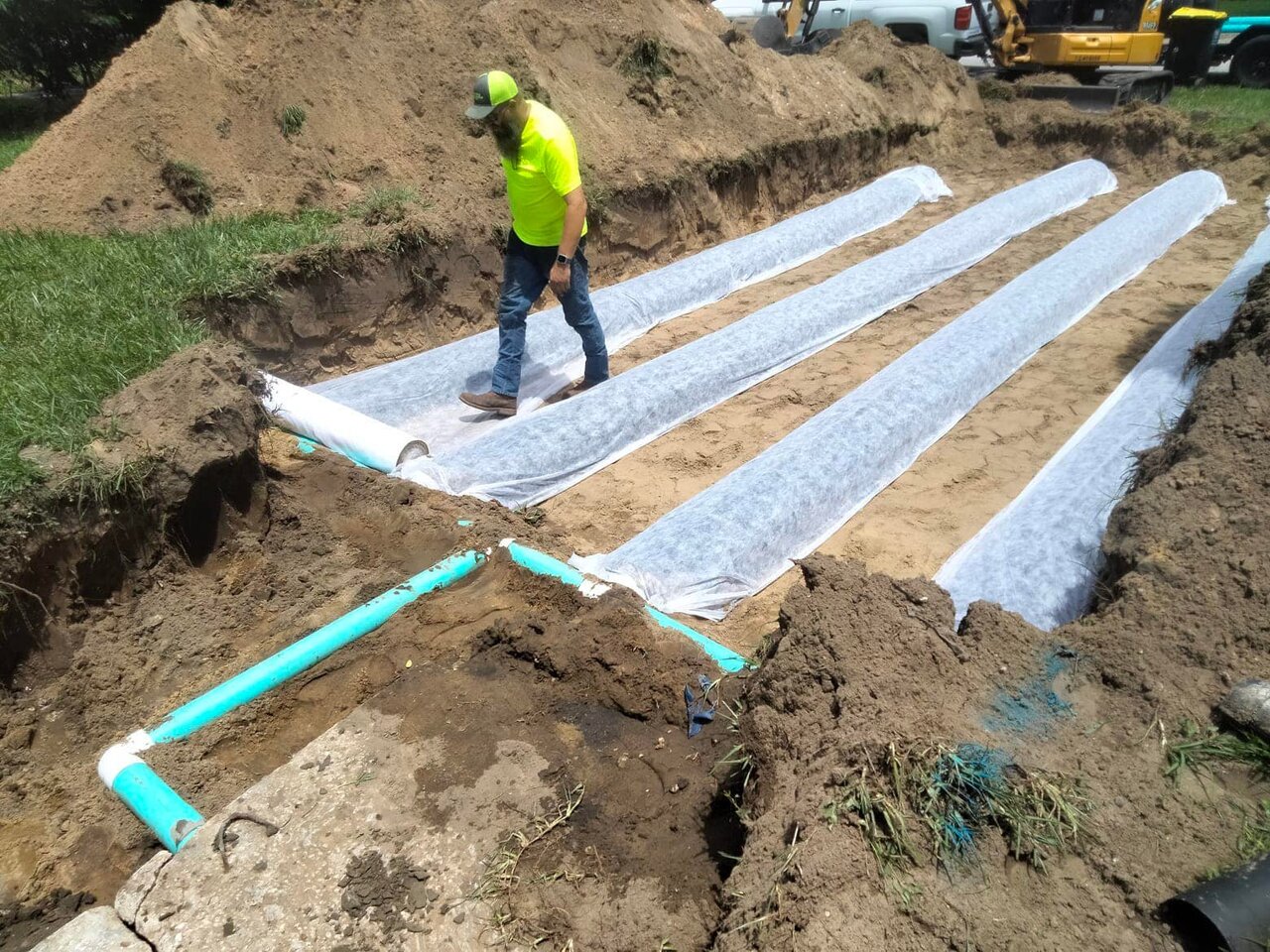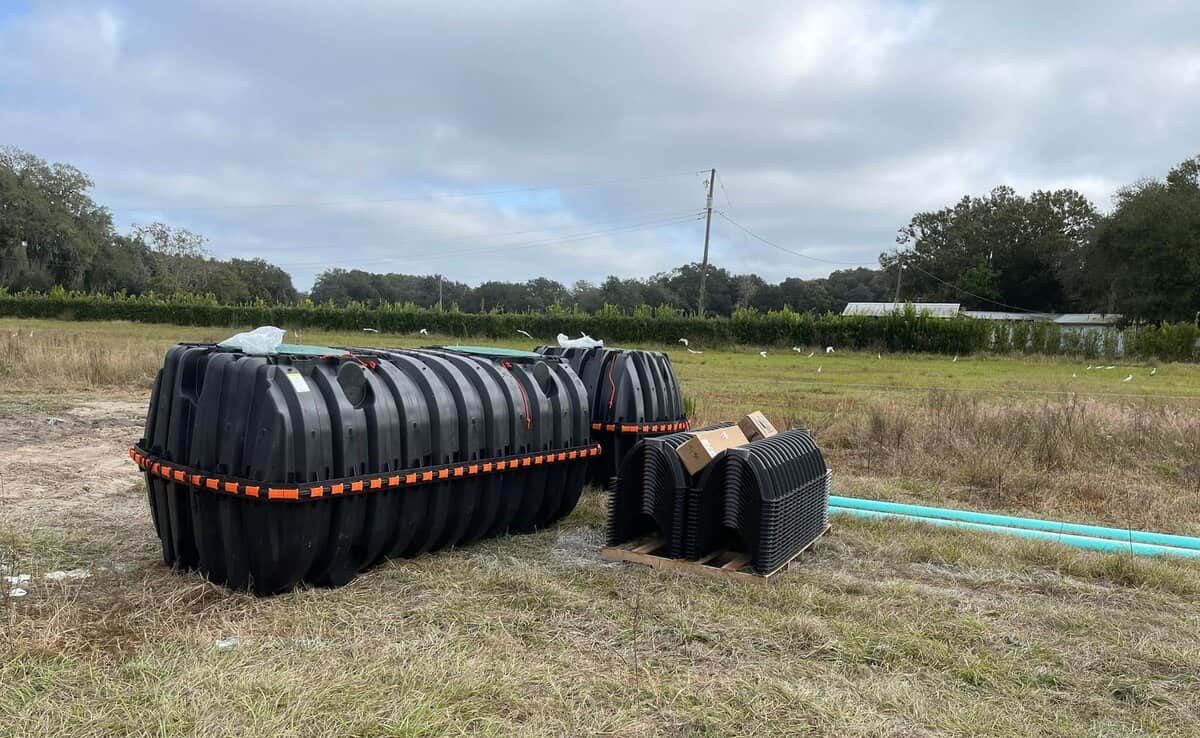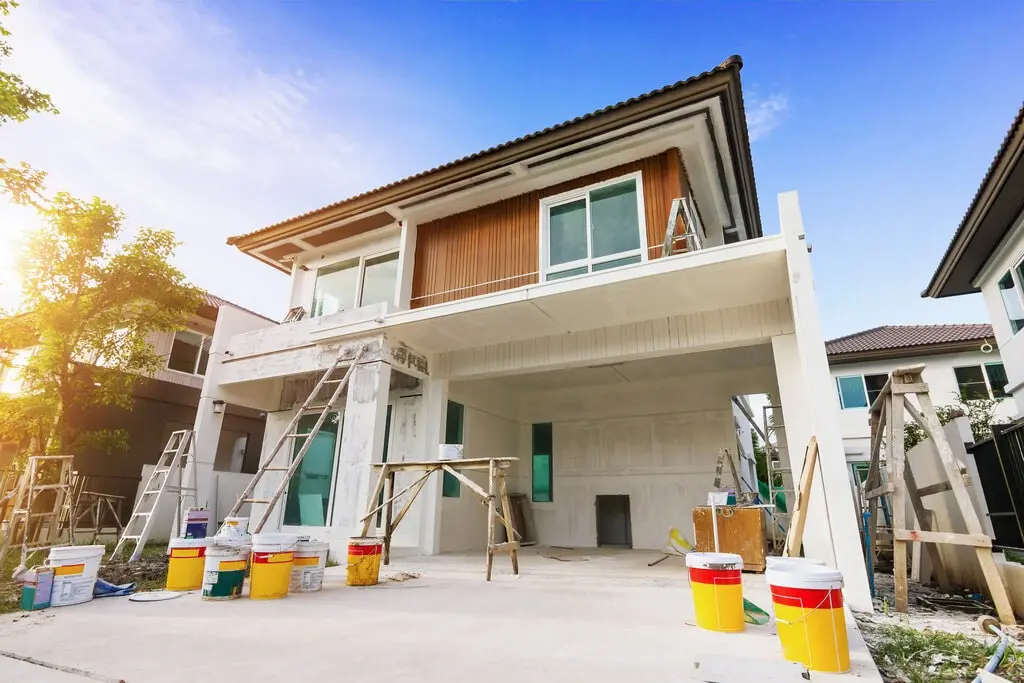Covid-19 has been a global pandemic with far-reaching implications from personal safety to public health policy questions. Many of these questions remain unanswered, including some that relate to Covid-19 and septic systems.
FAQs – Covid-19 and Septic Systems
Here are a few questions that relate to the coronavirus and septic services.
Can the Coronavirus Spread Through Sewage Systems?
The jury is still out on this one. A study published in The Lancet found that the virus could be present in sewage, but it is unclear whether it can spread through sewage systems.
The Centers for Disease Control launched the National Wastewater Surveillance System in September 2020 to track whether the virus that causes Covid-10 was present in wastewater samples from across the country.
Is It Okay to Flush Disinfecting Wipes?
You should not flush disinfecting wipes if you have a septic system. Disinfecting wipes can clog your septic system and cause it to fail.
In fact, because your home’s septic system is designed to process only wastewater, anything else can cause problems.

Do Wastewater Treatment Plants Treat COVID-19?
Yes, wastewater treatment plants are designed to remove viruses and other pathogens from sewage. The coronavirus is no exception.
In fact, a study published in the journal Water Research found that wastewater treatment can remove up to 99.99% of the virus.
Will My Septic System Treat Covid-19?
Yes, septic systems are designed to remove viruses and other pathogens from sewage and should do the same for the Coronavirus.
Additionally, your home’s septic system is designed so that it is located an appropriate distance away from sources of groundwater so there should be no impact on the water supply.
Can You Get COVID-19 From Sewer Gas?
No, you cannot get COVID-19 from sewer gas. Sewer gas is composed of methane and carbon dioxide, which are not known to cause human disease.
Can Covid-19 Spread Through Your Apartment Building’s Pipes?
It is unlikely that Covid-19 would spread through your apartment building’s pipes because the virus does not survive well in water.
Can I Still Use My Septic System If I Have Covid-19?
Yes, you can still use your septic system if you have Covid-19. There is no evidence that the virus can spread through sewage systems. However, it is important to practice good hand hygiene after using the restroom and before handling food.
Covid-19 Social and Work Implications for Septic Systems

The coronavirus pandemic has had implications for social interactions and work activities around the world.
In terms of septic systems, this means that there may be more people working from home and using their toilets more frequently than usual. This could lead to an increased risk of septic system failure if the system is not properly maintained.
Additionally, it is important to be aware of the potential for increased water usage if you have a septic system. Too much water can overload your septic system and cause it to fail. In addition to being careful about how much water your septic system is being required to process, here are a few other tips for maintaining your septic system:
- Be careful about what gets flushed into the system. Large amounts of bleach, disinfectants, or household hazardous waste can have a negative impact on the ability of your system to process wastewater. Your septic system is a carefully balanced ecosystem, and the bacteria that are integral to its proper functioning can be killed or harmed by chemicals.
- Anti-bacterial soaps and detergents can stress the good bacteria in the septic tank, so be very judicious in their use.
- Liquid laundry and dishwashing detergents are less likely to cause clogs in your drain field.
- Use water efficiently by limiting showers, using low-flow toilets, and installing water-saving showerheads and faucets. Spread laundry throughout the week rather than doing it all in one day.
- Have your septic system inspected every one to three years to identify issues before they become bigger problems.
- Avoid using septic additives unless they are recommended by a septic professional since commercially available products can sometimes do more harm than good.
Septic Tank Pumping
One of the most important things you can do to maintain the efficiency of your septic system is to have the tank pumped if it has been more than three to five years since it was last done. Contact a septic professional, and, while they are there, ask them to check for signs that the system is in danger of being overloaded, including:
- The levels in the septic tank are higher than normal.
- There are signs that the levels have been high in the past, such as water marks or rings on the tank’s walls.
- There is backflow from the drain field into the septic tank.
- There are unusual odors, or the scum floating on top does not look normal.
What to Expect From Septic Tank Pumping

A septic professional will first inspect your system to make sure that pumping is the best course of action. Once they have determined that it is safe to proceed, they will pump out all of the sludge and scum from the tank. This will leave only clear water behind.
After the septic tank has been pumped, it is important to have it inspected every one to three years to ensure that it is functioning properly. Pumping too often can damage the tank, so be sure to follow the recommendations of a septic professional.
Maintaining your septic system is important, especially during a time when there is increased water use due to more people working from home. By following some simple tips, you can help keep your septic system functioning properly.
Septic and Drainfield Services in Central Florida
As a licensed septic contractor in the state of Florida, Septic and Drainfield Depot is maintains an exceptional reputation as one of Lakeland and central Florida’s premier providers of residential and commercial septic services, including:
- Septic tank pumping and cleaning
- Septic tank installation and repair
- Drainfield installation and repair
- Lift stations
Our team of experts is standing by to help with all your septic and drainfield needs. Contact us today for a free estimate.
While we hope this blog post has been helpful, please remember that it is not intended as medical advice. If you have any questions or concerns about your health, please contact a medical professional.







